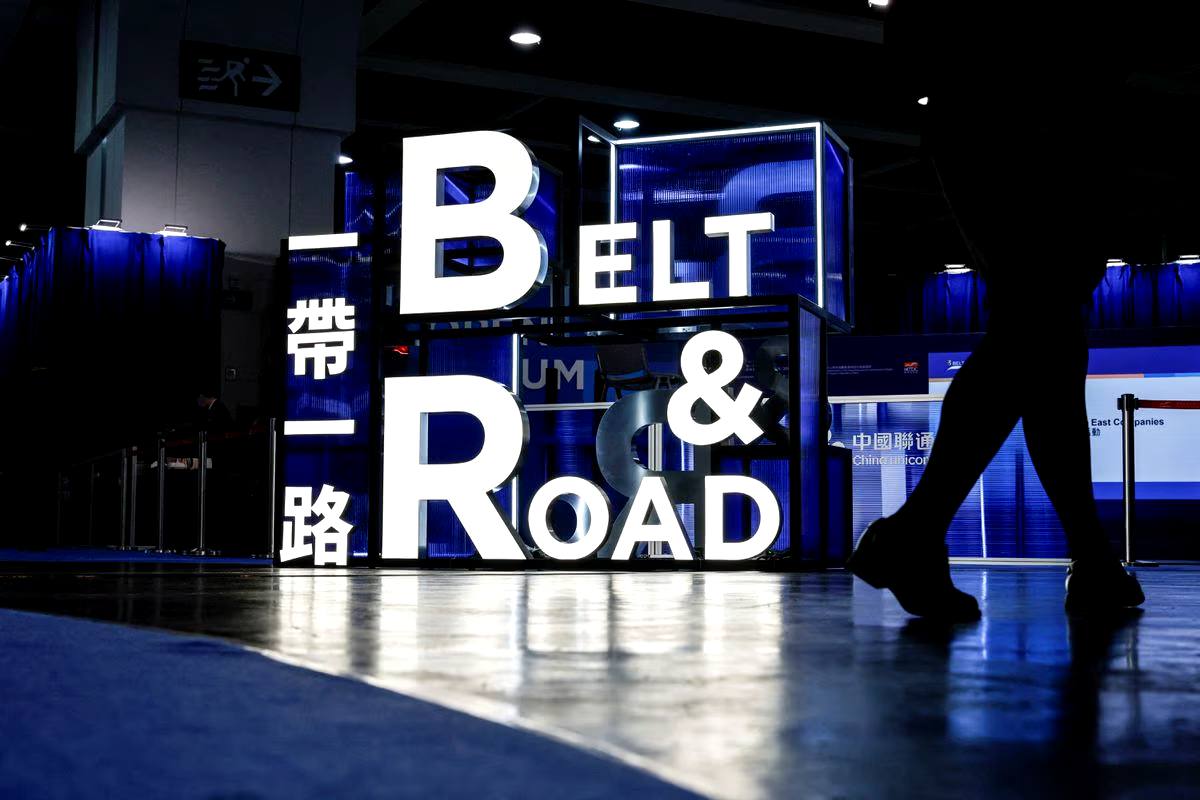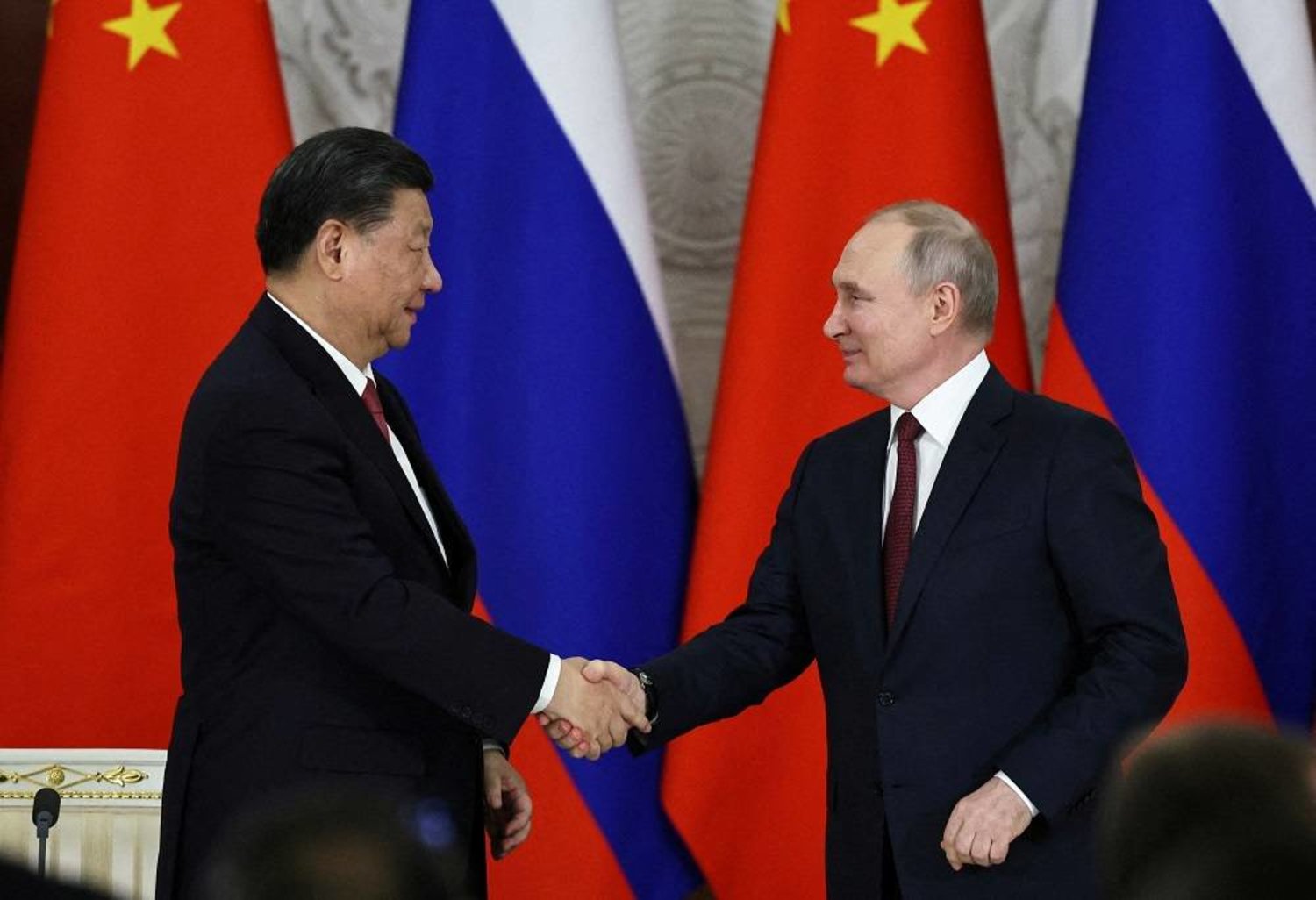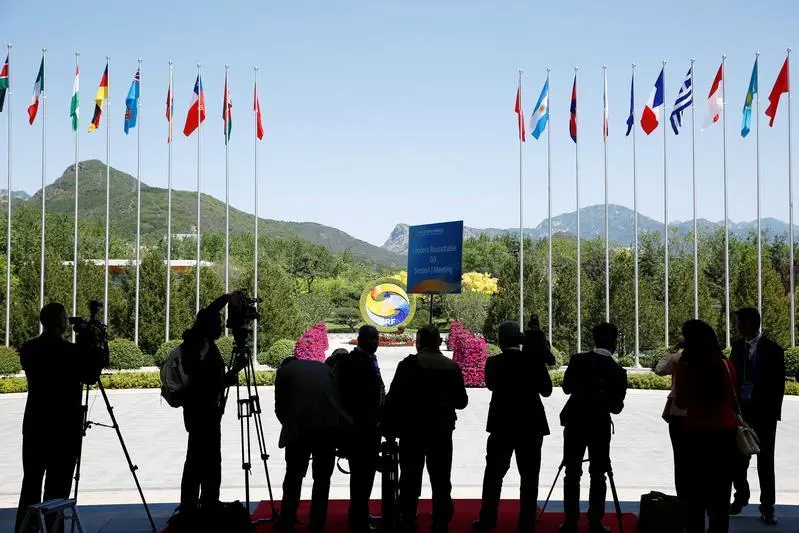China is set to host the third Belt and Road Forum in Beijing from October 17-18, marking the 10th anniversary of the Belt and Road Initiative (BRI) championed by President Xi Jinping. The forum, a signature event for President Xi, is expected to draw attendees from a multitude of developing countries, particularly from Latin America and Africa. Notably, Russian President Vladimir Putin is scheduled to attend this significant international gathering, marking a rare trip abroad for him.

The Belt and Road Initiative launched a decade ago, envisions a global network of infrastructure and energy projects connecting Asia, Africa, and Europe through both land and maritime routes. While it has been touted as a means to stimulate global trade by reviving the ancient Silk Road, critics argue that it serves as a tool for China to expand its geopolitical and economic influence.
President Putin's attendance at this forum is notable, as it is one of the few instances of his international travels in recent months. In March, the International Criminal Court (ICC) in The Hague issued a warrant for Putin over the deportation of children from Ukraine. Neither Kyrgyzstan, which Putin is expected to visit before attending the forum in Beijing, nor China, are members of the ICC, which was established to prosecute war crimes.

President Putin expressed his intent to deepen Russian-Chinese ties in a message to President Xi earlier this month. He emphasized that their discussions aim to benefit the friendly peoples of both nations, enhance security and stability on the Eurasian continent, and contribute to global peace.

China's Belt and Road Initiative has garnered a substantial international following, with the Chinese Foreign Ministry stating that China has signed Belt and Road cooperation agreements with more than 150 countries and over 30 international organizations. Notably, Italy is the only Group of Seven (G7) country to have joined the initiative. However, it has faced criticism, with Italy's foreign minister recently stating that the decision to join the BRI scheme in 2019 has not led to improved trade between Italy and China.
The Belt and Road Forum promises to be a significant event where global leaders and representatives from various nations will discuss and collaborate on projects aimed at furthering economic connectivity and cooperation across regions. The forum also serves as a platform to address the concerns and criticisms associated with the BRI and its impact on global trade and politics.
Central Asia Involvement in Belt and Road Initiative
Central Asian countries occupy a pivotal position in the BRI due to their historical significance along the Silk Road trade routes and their role in China's vision of economic integration and connectivity. Central Asia is geopolitically crucial, given its abundant energy resources, transport networks, and proximity to major global powers. Stability and development in the region are vital for global economic and political interests.
The key Central Asian nations participating in the BRI include Kazakhstan, Kyrgyzstan, Tajikistan, Turkmenistan, and Uzbekistan, all of which have welcomed Chinese investment and infrastructure projects to enhance connectivity and stimulate economic growth. China has made substantial investments in Central Asian infrastructure, encompassing highways, railways, pipelines, and telecommunications networks to facilitate the movement of goods and resources between China and Europe. Additionally, Central Asia's energy resources, particularly oil and natural gas, have drawn China's attention, leading to energy cooperation agreements between China and Central Asian countries.
Central Asia's relationship with China is further influenced by multilateral initiatives like the Shanghai Cooperation Organization (SCO), which plays a significant role in enhancing cooperation and security in the region. The SCO complements the BRI by addressing regional security challenges. Locally, BRI projects have had a substantial impact on Central Asian economies and employment, creating jobs and stimulating economic development. However, they have also faced criticism for their environmental and social impacts.
Follow Daryo's official Instagram and Twitter pages to keep current on world news.
Comments (0)